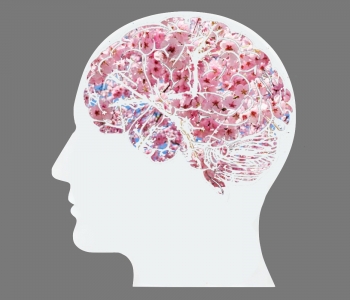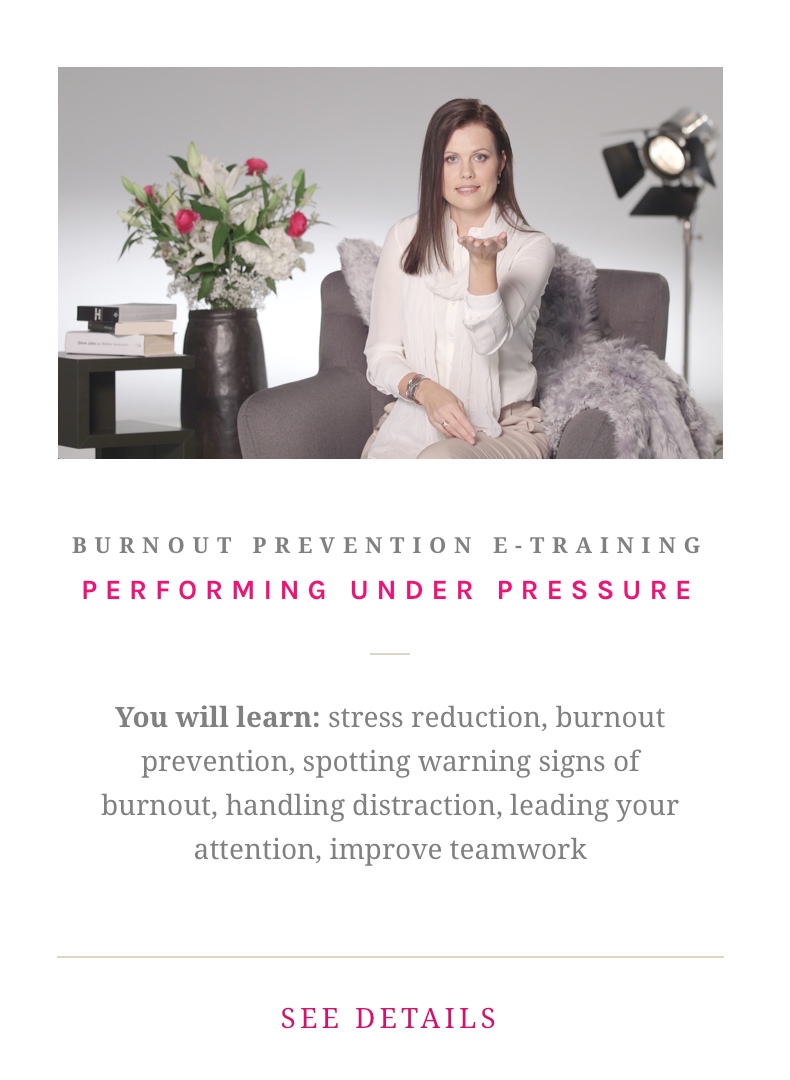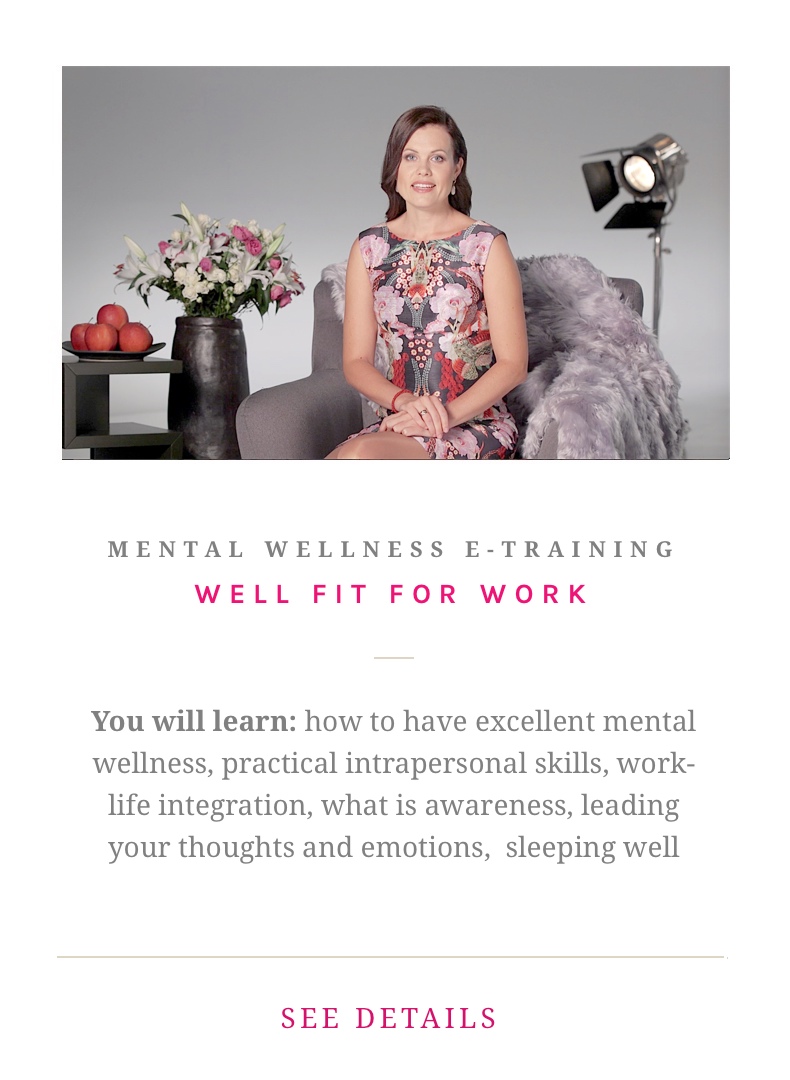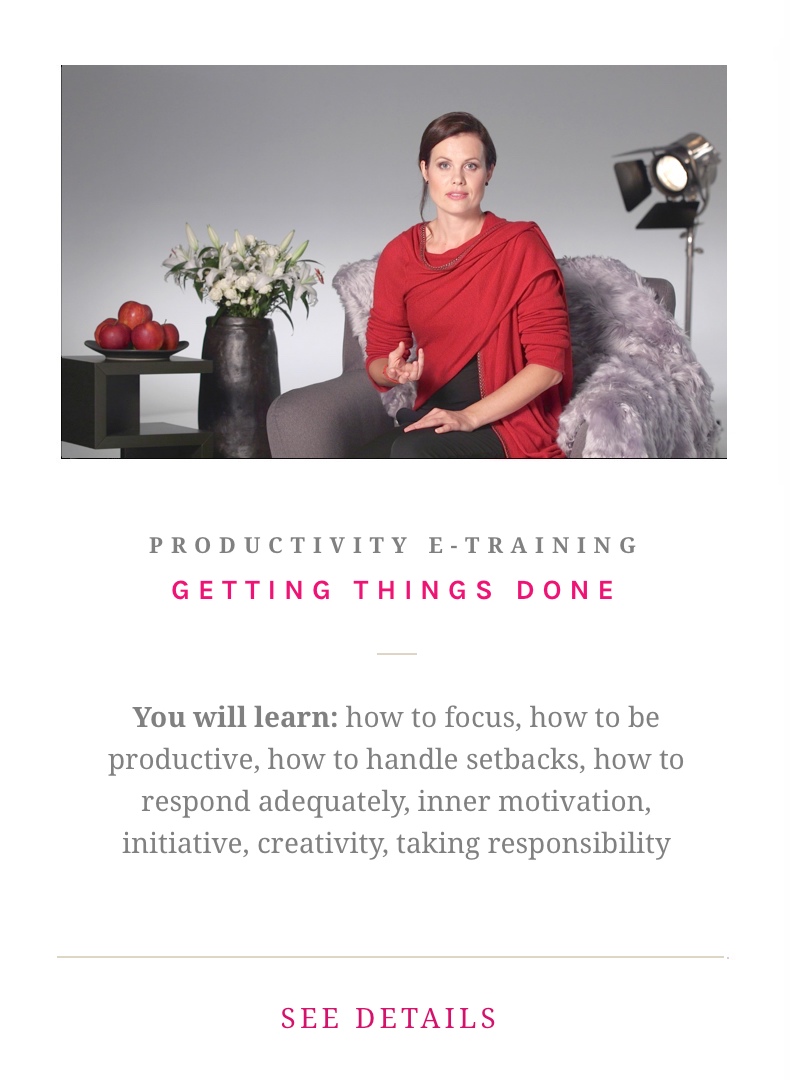The Benefits of Personal Responsibility and Mental Wellness in the Workplace
In a world increasingly focused on dealing with and treating mental disorders, a vital shift is noticeable, and it is a move towards prioritizing positive mental health and well-being.
We have been promoting the mental wellness revolution now for 9 years. We have trained different organizations and their employees leave our training sessions more relaxed and become more engaged. A fit mind works well.
As highlighted in a recent overview by Jeonghyun Shin, Uriel Halbreich, and Dilip V. Jeste in the Academia, the traditional medical model, with its emphasis on pathology, is gradually being supplemented by a proactive approach that champions resilience, wisdom, and social connection.
The article, 'Positive global mental health: an overview', traces the historical roots of positive mental health, from the ancient wisdom of Socrates and Aristotle to the more recent frameworks of positive psychology. It underscores a consistent message: true well-being goes beyond the absence of illness.
This evolution is particularly crucial in the workplace, where the pressures of modern life can significantly impact our mental and emotional states. However, it's not just about what employers can do; it's about embracing personal responsibility for our own mental well-being.
In the article, it is well pointed out that "While addressing the burden of mental illness remains crucial, the field of global positive mental health emphasizes the importance of also cultivating the conditions for well-being in the entire population."
As the article puts it, it involves cultivating positive psychosocial characteristics that empower individuals to thrive, even amidst adversity.
This concept is mirrored in the World Health Organization's (WHO) definition of mental health. WHO homepage states: “Mental health is a state of mental well-being that enables people to cope with the stresses of life, realize their abilities, learn well and work well, and contribute to their community. It has intrinsic and instrumental value and is integral to our well-being.“
WHO also states: „Health is a state of complete physical, mental and social well-being and not merely the absence of disease or infirmity,“ and additionally lets us know that „The enjoyment of the highest attainable standard of health is one of the fundamental rights of every human being.“
So, mental wellness affects 100% of employees, each at their own level. Creating a psychologically safe, mentally healthy workplace is an achievable goal for organizations of all sizes.
The Power of Personal Agency
While workplace policies and supportive environments are vital, the foundation of mental wellness lies in personal responsibility. Our last two blogs have shared insights on the inner power of owning the ability to respond.
We all must recognize that our well-being is not solely determined by external factors; it is mainly shaped by our lifestyle choices, attitudes and daily actions.
When we lack awareness-based intrapersonal skills that support our conscious choices, we are instead depending on subconscious inner reactivity, and we lack inner power.
As intrapersonal education has been missing in schools, we all need to train intrapersonal skills.
Skills are personal. You either have them or you lack them.
I read the above-mentioned article about positive mental health approaches. The following overview identifies several key positive psychosocial determinants of health, and we will comment on those in the workplace mental wellness context:
- Resilience: The ability to bounce back from challenges. Building resilience involves developing coping mechanisms, managing stress, and fostering a positive mindset. In the workplace, this could mean learning to reframe setbacks, seeking support when needed, and maintaining a healthy work-life integration.
- Wisdom: Encompassing empathy, emotional regulation, and self-reflection. Cultivating wisdom means practicing self-awareness, understanding diverse perspectives, and making thoughtful decisions. In a professional context, this translates to effective communication, conflict resolution, and ethical conduct.
- Optimism: Maintaining a positive outlook. Optimism isn't about ignoring challenges; it's about trusting your own intrapersonal skills and ability to overcome them. In the workplace, this means focusing on solutions and training your mental fitness to stick to a hopeful perspective.
- Finding individual life direction: This could involve aligning your work with your own personal values, pursuing meaningful projects and tasks that allow self-development, and contributing to a cause to help or support others.
- Building and maintaining supportive relationships: Loneliness and isolation are significant threats to one’s good mental health. Actively engaging with colleagues, seeking mentorship, and fostering a sense of community within teams are crucial. It is easier to work in a team where there is trust, caring and support.
Practical Steps for Workplace Mental Wellness
How can we translate these concepts from the article into actionable steps within the workplace?
The short answer is that learning intrapersonal skills will allow you and your team to focus on work that needs to be done, without losing mental health in the process of facing different challenges. Our own, Dr. Helena Lass, has summed it up in the following video.
But let's take securing mental wellness apart.
Here are 12 strategies that emphasize personal responsibility and positive mental wellness at work:
- Prioritize self-care activities, including training your mind and using regular physical exercise, healthy eating of natural and nourishing food and securing adequate amount of sleep.
- Learn intrapersonal skills, as this will enhance your ability to understand and manage your own inner domain. You need to learn to lead your imagination, thoughts, and emotions at will before you can communicate and work well with others. This involves understanding awareness (as the basic intrapersonal skill), practicing inner silence and active listening, and finding out how to access creativity, intuition and maintain focus. All workplaces should focus on training intrapersonal skills, as most of us use our heads for work.
- Set boundaries! Learn to say ‘no’ and establish healthy boundaries between work and personal life. Find out your own way to integrate your life and work. We all have only one life, and you need to take full responsibility for how you lead it. Setting boundaries is also knowing your limits so that you can avoid overworking and plan time to secure your own mental and physical well-being.
- Seek support proactively. Don't hesitate to seek support from colleagues, mentors, or mental health professionals when it is needed. Recognizing your limitations and asking for help as early as possible is a sign of strength, not weakness. It isn’t just about seeking support when you get ill; it is about seeking support to remain well and do your tasks on time.
- Cultivate supportive and healthy win-win relationships. Invest in building strong relationships with colleagues and business partners. Foster a supportive and collaborative work environment. The best partnerships are about win-win deals – friendly help and support matters, and when there is trust, it becomes easy to find how the greater good is achieved for everyone involved.
- Find meaning in your work. Align your work with your core values and seek opportunities to contribute to projects that are meaningful to you. People often seek the meaning of life, and waste their lives by doing it. Life is for conscious experiencing. The aim of life is you learn to know yourself and the world and how those interact. What you want to see as the meaning of your work is up to you to decide.
When you contribute because what you work with is meaningful to you, your self-development is secured. You decide what is meaningful in your work and then learn how to become better at it. Just take personal responsibility to make your work into your self-development journey!
- Keep learning. Embrace challenges as opportunities for personal and business growth and development. As said, it is your life, and you need to integrate your work and life into your unique learning journey. This makes life worth living. So, seek out new intrapersonal, interpersonal, and professional skills and enhance your resilience and adaptability.
- Promote and develop a positive workplace culture. Take the initiative in building a positive and supportive work environment for yourself and others around you. This should also involve advocating for mental wellness initiatives and leading by example. All positive aspects of work culture start with individuals who contribute!
- Notice what is going on in your inner domain. Take time to reflect on your experiences and notice your imagination, thoughts, and emotions. Become aware of your stress and anxiety levels.
Self-assessment of your mental wellness situation can be a powerful tool, and when you possess good intrapersonal skills for stress management, you can thrive. If needed, journal your observations. All Wellness Orbit trainings come with self-evaluation tools and workbooks to make it easy.
- Reduce digital overload. Intentionally limit your time spent on digital devices, especially outside of working hours, if your time is spent mostly behind screens. Your eyes and your mind need relaxation. You need contact with nature and to remain grounded. Today we are connected 24/7, but this connection can be good as it simplifies our work, or a dependency that leaves us no peace of mind. Don’t lose your mind to digital addictions, as this means a lack of inner freedom and also reduces your conscious choices.
- Secure mental and physical relaxation. All work demands some attention and tension. At least, unless you teach meditation and relaxation for work. Finding the right balance between focus and mental and physical tension to get things done is the key to securing health and good work results. Intrapersonal skills are once again the key. A fit mind knows how to focus and notices when it gets tired and needs relaxation. Securing enough relaxation is key to keeping your health.
We need microbreaks and also a proper holiday. In an interconnected world, it comes down to conscious decisions. Off time should be planned, and you need to relax your eyes, muscles and mind. Relaxation allows you to return to work and do things efficiently. The best relaxation is silent time. If you can, connect with nature! Silent rooms in the office could also help. Remember, only a calm and fit mind works well!
- Eat and sleep healthily. While it sounds obvious, we often forget to secure quality food and quality sleep. While it is obvious, we often neglect it, and the cost of this is heavy.
A Holistic Approach to Well-being
The article, 'Positive global mental health: an overview', also delves into the biological underpinnings of positive mental health, highlighting the role of genetics, neuroimaging, inflammation, and the microbiome. While this underscores the interconnectedness of mind and body, it should be remembered that the one who makes choices is you.
When you make conscious choices that emphasize the importance of a holistic approach to mental wellness and health, you have the power to keep your mind and body well.
Furthermore, the article acknowledges the transcultural dimensions of positive mental health, recognizing that cultural values and beliefs shape our understanding and experience of well-being. Ultimately, the message of the article is clear: while external factors play a role, we must take ownership of our mental wellness.
That is something we have been writing for about 9 years. So, we are happy to see that others have started to follow our leadership!
The benefit of learning intrapersonal skills is what opens up personal responsibility and secures excellent mental wellness in the workplace.
Conclusion
By cultivating resilience and inner wisdom based on intrapersonal skills and keeping our social connections thriving, we can navigate the challenges of the workplace and create a more fulfilling and meaningful life.
The shift towards positive mental health is not just a trend; it's a fundamental change in how we view well-being. That is why it is about the mind health revolution. It is a huge shift, and we are just pathfinders pushing it on. The sooner you join your team and start improving mental wellness proactively, the more you can thrive and enjoy success later on.
By embracing personal responsibility and adopting a workplace-wide proactive mental wellness approach, you can create a healthier and more fulfilling work environment for your team.
We exist to make it easy for you. Just sign up your team and see results as soon as people apply what they learn!
|
The Academia article is summed up, and the blog post provided by Kaur Lass





